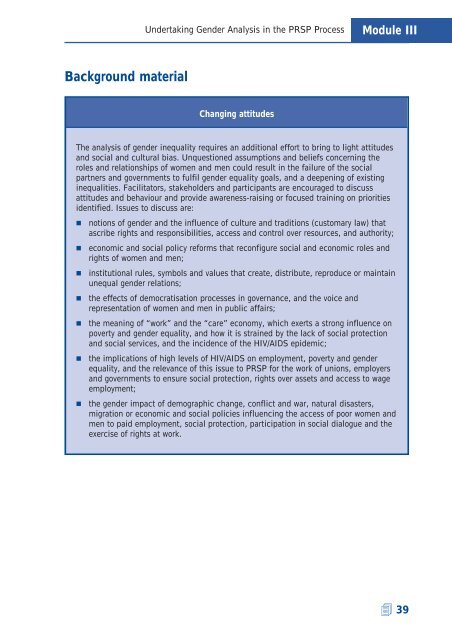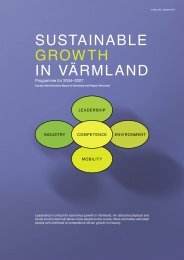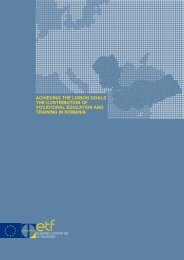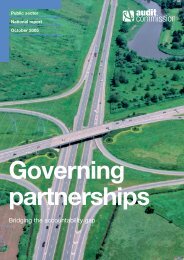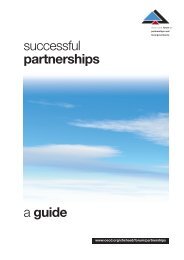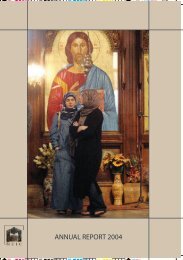PDF (345 KB ) - Document Database website
PDF (345 KB ) - Document Database website
PDF (345 KB ) - Document Database website
Create successful ePaper yourself
Turn your PDF publications into a flip-book with our unique Google optimized e-Paper software.
Undertaking Gender Analysis in the PRSP Process<br />
Module III<br />
Background material<br />
Changing attitudes<br />
The analysis of gender inequality requires an additional effort to bring to light attitudes<br />
and social and cultural bias. Unquestioned assumptions and beliefs concerning the<br />
roles and relationships of women and men could result in the failure of the social<br />
partners and governments to fulfil gender equality goals, and a deepening of existing<br />
inequalities. Facilitators, stakeholders and participants are encouraged to discuss<br />
attitudes and behaviour and provide awareness-raising or focused training on priorities<br />
identified. Issues to discuss are:<br />
<br />
<br />
<br />
<br />
<br />
<br />
<br />
notions of gender and the influence of culture and traditions (customary law) that<br />
ascribe rights and responsibilities, access and control over resources, and authority;<br />
economic and social policy reforms that reconfigure social and economic roles and<br />
rights of women and men;<br />
institutional rules, symbols and values that create, distribute, reproduce or maintain<br />
unequal gender relations;<br />
the effects of democratisation processes in governance, and the voice and<br />
representation of women and men in public affairs;<br />
the meaning of “work” and the “care” economy, which exerts a strong influence on<br />
poverty and gender equality, and how it is strained by the lack of social protection<br />
and social services, and the incidence of the HIV/AIDS epidemic;<br />
the implications of high levels of HIV/AIDS on employment, poverty and gender<br />
equality, and the relevance of this issue to PRSP for the work of unions, employers<br />
and governments to ensure social protection, rights over assets and access to wage<br />
employment;<br />
the gender impact of demographic change, conflict and war, natural disasters,<br />
migration or economic and social policies influencing the access of poor women and<br />
men to paid employment, social protection, participation in social dialogue and the<br />
exercise of rights at work.<br />
39


